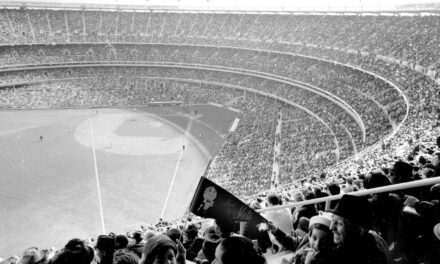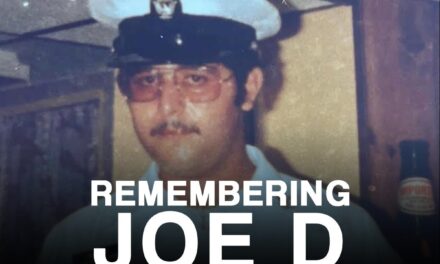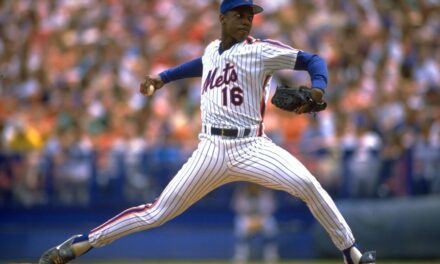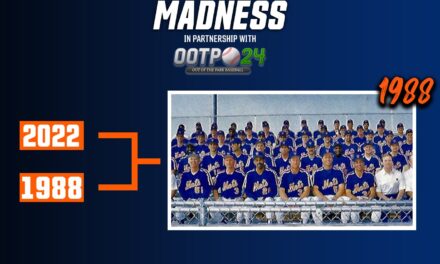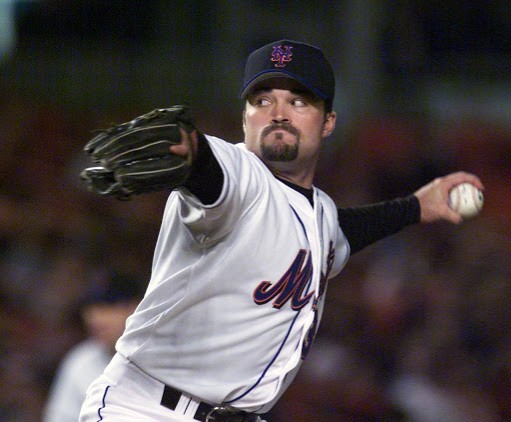
Photo by Keith Torrie/NY Daily News Archive
As the team made Pittsburgh their fourth and final stop on a 14-day, 13-game road trip which covered roughly 7,300 miles, the Mets had also yet right a steady course when it came to on-field performance.
A couple of wins were followed with a string of losses. A solid victory was countered by a discouraging defeat. New York’s frustration exemplified itself in the Steel City on May 10, with the Mets’ record at 17-16 as they played the middle of a three-game set in Three Rivers Stadium (set to be bludgeoned by the wrecking ball at year’s end).
The offense provided usually-reliable starter Rick Reed (who went 3-0 in April) a five-run cushion. Reed, though, couldn’t hold it. He allowed six runs, while the bullpen generously gave up seven in a 13-9 loss. Melvin Mora, a solid fielder and dependable bunter in the mind of manager Bobby Valentine, failed to execute at both — misplaying a sixth-inning fly ball which allowed the tying run to score and botched a suicide squeeze attempt in the seventh.
That game turned out to be the lone hiccup in Pittsburgh, as the series was bookended with outstanding performances from the top two starters. First was Mike Hampton, who had been in search of his first stellar start as a Met. He found it in a 2-0 win on May 9, striking out eight and walking one while coming two outs shy of a complete-game shutout.
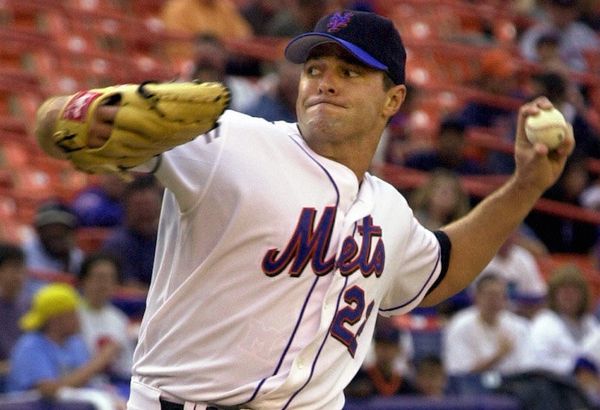
Two nights later, it was Al Leiter‘s turn.
Also pitching without the luxury of a sizable lead, he steadfastly protected New York’s slim advantage with eight K’s. The Pirates managed to get a run in the second and another in the fifth, but were held to just two hits the rest of the way. Not needing any aid from the bullpen, Leiter deftly worked around a leadoff single in the ninth to close out a 3-2 victory — improving his record to 4-0 and lowering his ERA to 3.40.
When the Mets finally returned back to Shea, their inconsistency made the trip back as well. They dropped two of three to the lowly Marlins, just as they did in Miami a week earlier, and they likely would’ve been swept if not for Hampton once again serving as the antidote to the Mets’ struggles — along with a five-run sixth inning punctuated by Mike Piazza.
In the Sunday series finale, Hampton didn’t allow the Fish to score until the eighth. By that time, Piazza had pretty much put the game out of reach with one swing — a sixth-inning grand slam to the opposite field against Brad Penny.
It was the capper of a strong 11-day effort to begin the month of May. During that span, Piazza batted .405 with a .450 on-base percentage and registered home homers. Three of those round-trippers were compressed into a five-day stretch. The last of which made life far easier for Hampton this afternoon, as he was able to go the distance for the first time this year. The lefty gave up eight hits — a homer to Brandt Brown being the only one that caused any damage — and didn’t allow a walk.
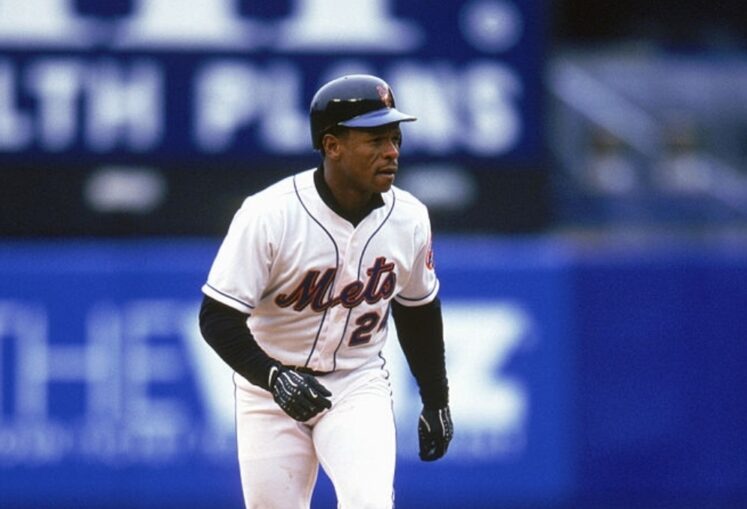
While Hampton, Leiter, and Piazza were doing their best to keep New York above .500, Rickey Henderson was finding any way he could to earn his ticket out of town.
His agitation regarding his desire for a better contract was made clear from the start of spring training. During the season, after receiving what he deemed to be negative press over his situation, he put a one-month moratorium on speaking to the media — save for brief interjections.
In the past, such antics were forgiven, as he produced like the greatest leadoff hitter ever. That included last year, when he provided the Mets with stability at the top of the order and a .423 on-base percentage in 121 games. But with a .215 average and four steals over the initial 30 games of the 2000 season, the Mets — and specifically GM Steve Philips — saw little reason to tolerate it.
The team placed Henderson on waivers that Monday, but no team claimed him. Then came the first inning on May 12. Henderson hit one to deep left field. So confident was Rickey that it would leave the yard, he broke into his home run trot — only to see the ball fall short of the fence. He turned what should’ve been a routine extra-base hit into a measly single and was subsequently pulled from a game the Mets would lose 7-6 (the club’s 12th loss in their last 17).
With that, something for which Henderson wouldn’t apologize in the aftermath, a more drastic measure was taken — Rickey was given his unconditional release.
”At some point, when you continue to do the wrong thing and say the wrong thing, you continue to wear out your welcome,” said Phillips, according to the New York Times. ”We were at the point where we were having to compromise our ideals too many times. When taking everything into account, the offense, defense and the alternatives we had, and what it does to the fabric of the team, we thought it was the right thing to do.”
By what Phillips called “addition by subtraction” the Mets — now 20-19 — had rid themselves of an obstruction they hoped would clear the way to more consistency in the days and weeks ahead.


